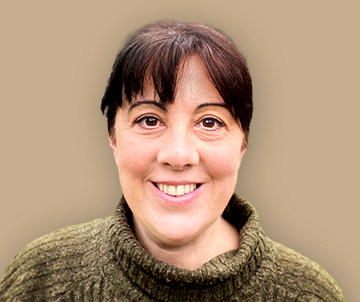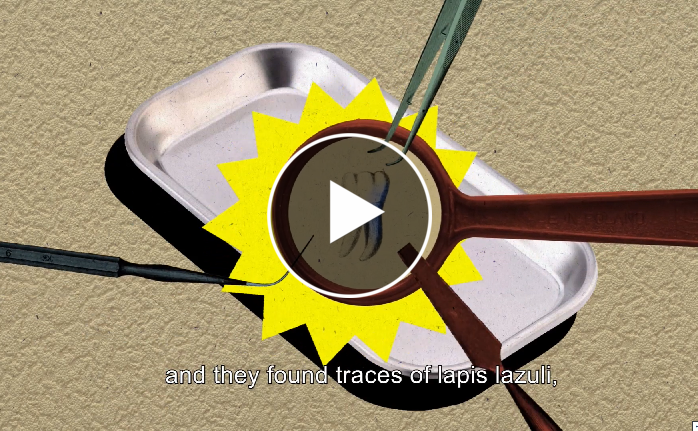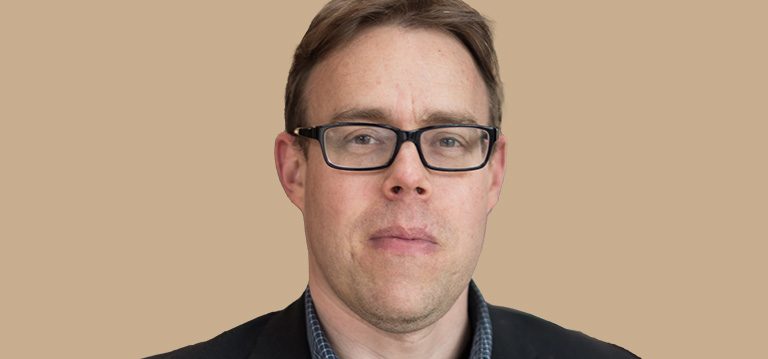Anita Radini
Assistant Professor, University College Dublin (UCD)

Anita Radini
Assistant Professor, University College Dublin (UCD)
Dr. Anita Radini is an archaeological scientist and paleoecologist who analyzes the tiny remains of dust that collect in dental plaque, and uses them to learn about the work lives and environments of people in the past.
She is an Assistant Professor at the School of Archaeology, University College Dublin, in Ireland. She is an interdisciplinary scholar, drawing on her training in archaeology and in the natural sciences to better understand the complex relationship between people and their natural and built environments, and the way in which they change over time.

Radini studies the dirt to which ancient people were exposed, focusing specifically on dirt generated by the practice of ancient crafts. She approaches the human mouth as a “dust trap” and looks for traces of significant dirt in mineralized dental plaque, using teeth to track the lives of ancient craftspeople.
The scope of Radini’s work is broad and varied, having studied the use of plants in ancient times as well as the inequality of living conditions triggered by labor divisions in ancient and traditional societies. She is currently working on developing innovative methodologies to explore how exposure to dirt and pollution manifested in the health of past populations.
Radini’s current work focuses mainly on North and East Africa, exploring the close links between past and present heritage crafts and their impact on health.
She defines her approach to her work as a commitment to “lifelong learning, open access sharing of knowledge, community archaeology and public engagement.” Her methodology is closely linked to experimental archaeology and she describes her work with textile, dyes and pigments, food production and metalwork as having facilitated her understanding of the enormous amount of knowledge that is required to turn natural resources into useful objects and products, as well as art.
In 2021, Radini was awarded the first Oscar Montelius Foundation Early Career Prize by the European Association of Archaeologists for the social, innovative, international and interdisciplinary nature of her research and work in archaeology and heritage.


